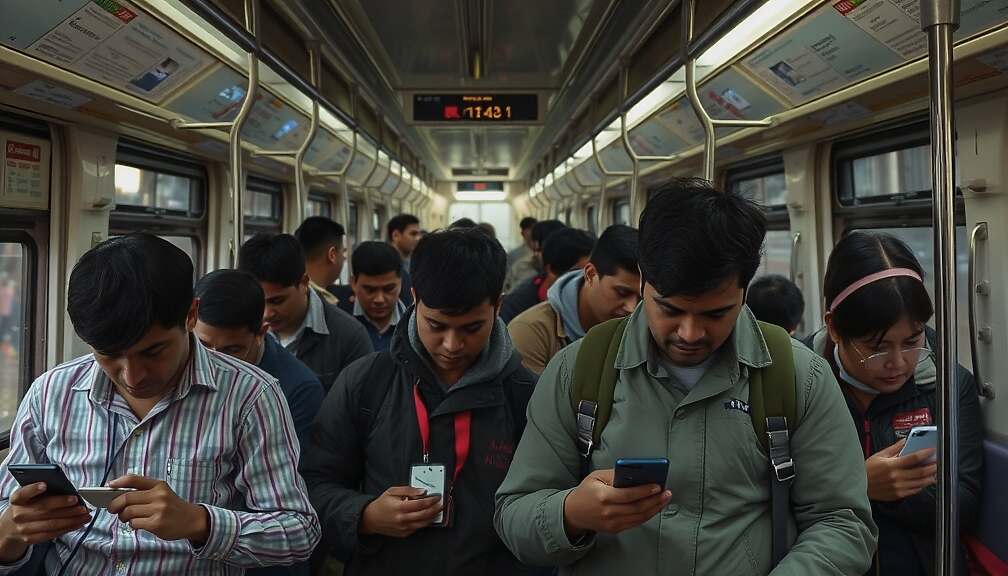A significant majority of smartphone users in Germany are increasingly reliant on mobility applications, according to a new survey released by Bitkom, the German IT industry association. The research, conducted among 882 smartphone users aged 16 and over, reveals that 76% have at least one such app installed, raising questions about data privacy and the potential for vendor lock-in.
The pervasiveness of these apps underlines a shift in how Germans navigate their daily lives, but the findings also illuminate a fragmented and potentially problematic ecosystem. While 29% utilize a single app, a substantial 36% rely on two, 20% use three and a worrying 10% manage four or more, creating a complex web of data sharing and dependence. This proliferation raises concerns about user agency and the potential for apps to effectively dictate travel choices driven by algorithmic recommendations rather than genuine user preference.
Beyond the number of apps, the survey highlights key user priorities that expose vulnerabilities within the current market. Ease of use is paramount (99% prioritizes it), alongside the ability to book across multiple providers and integrate all ticketing into a single transaction (79%). The growing importance of price and carbon emission comparison (79% and 78% respectively) suggests a burgeoning consumer desire for sustainable and cost-effective travel options, yet the platforms facilitating these comparisons may not always be transparent about how those factors are calculated or prioritized.
The demand for varied payment options, loyalty programs and AI-powered assistance (69% and 67% respectively) further underscores this trend towards integrated and data-rich mobility solutions. However, the increasing reliance on AI raises critical questions about algorithmic bias, data security and the potential for manipulative pricing strategies.
While the research paints a picture of convenience and innovation, government regulators and consumer advocacy groups should critically assess the long-term implications of this widespread adoption. The potential for data exploitation, vendor-induced habits and a lack of transparency within these apps warrants further investigation and proactive policy interventions to ensure a fair and sustainable mobility ecosystem for German citizens. The study indicates a growing need for robust user rights and data protection measures within Germany’s increasingly digitized mobility landscape.












